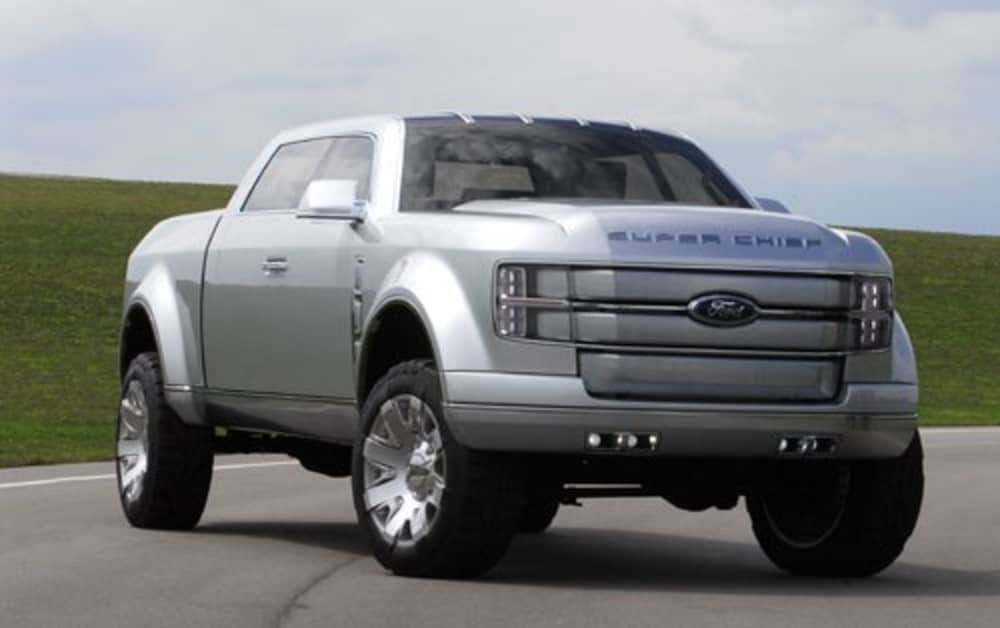A diesel truck’s reluctance to go faster than 40 mph might be both puzzling and alarming. This restriction begs the question of what underlying issues there might be that are affecting the truck’s performance. Why does a diesel truck wont go over 40mph?
This speed limitation could be caused by a number of things, including mechanical problems and technological glitches. Finding the underlying reason is essential to guaranteeing the security of the car and its occupants. We shall examine the possible causes of this speed restriction in this post. Understanding the potential causes of this issue will help you make wise decisions about how to correctly identify and solve the problem.
Why Does Diesel Truck Wont Go Over 40mph?

There are many mechanical and technological reasons why a diesel truck can’t go faster than 40 mph. This issue could be caused by several widespread factors:
Mechanic Issues
Insufficient power generation may be the result of engine difficulties such poor fuel distribution, a clogged fuel filter, broken injectors, or a broken turbocharger. The truck may be unable to go at higher speeds as a result.
Transmission Issues
No matter if it is an automatic or manual transmission, a defective one can hinder the vehicle from smoothly changing gears, which will reduce its speed. This restriction may be caused by issues such as deteriorating clutch plates, low transmission fluid, or a broken torque converter.
Airflow and Exhaust Restrictions
A restricted airflow brought on by a clogged air filter or a broken exhaust system might impair the engine’s performance. As a result, acceleration is lessened and the highest speed is constrained.
Electronic and Sensor Failures
For efficient operation, modern diesel vehicles significantly rely on a variety of sensors and electronic components. Performance limits and poor fuel-air mixture might result from malfunctioning sensors.
Lack of Maintenance
Any car has to have routine maintenance to remain in top shape. Neglecting routine inspections might result in slower speeds and less efficient engines.
Turbocharger Problems
By compressing incoming air, the turbocharger considerably increases the engine’s output. A damaged or malfunctioning turbocharger may result in decreased power production, which would limit the truck’s speed.
Fuel Quality
Fuel quality fuel of poor quality may contain impurities that impair the effectiveness and performance of the engine. It may cause deposits to build in the fuel system, which could impact fuel flow and combustion.
Tire Issues
Under-inflated or worn-out tires may be a factor in the increased rolling resistance. The engine has to work harder to maintain greater speeds.
Weight and Load
The engine can be strained while towing a hefty trailer or carrying a heavier load than the truck is capable of. This has an impact on how quickly it can accelerate and travel at higher speeds.
How To Help Your Diesel Truck Go Over 40mph?
Increasing the speed necessitates careful consideration of a number of aspects in order to assure safety and efficiency. Here are some steps to help you get there:
Engine Tuning and Performance Upgrades
Consult with experienced mechanics to learn about potential vehicle performance improvements. To increase power production and efficiency, you can modify parts like the fuel injectors, turbocharger, and exhaust system.
Aerodynamics Improvement
Improve the aerodynamics of the truck to lower drag and resistance. The driver can install side skirts, deflectors, and aerodynamic fairings. By streamlining the airflow surrounding the car, faster speeds can be reached with less effort.
Right Tire Selection
Pick tires that can withstand heavier loads and are built for faster speeds. For maximum performance and safety, regular tire rotation and proper maintenance are also essential.
Transmission Upgrade
Think about replacing the transmission with one that can manage more torque and higher speeds. The best transmission for speed and fuel economy is one that shifts smoothly.
Weight Reduction
Remove any extra equipment or freight from the truck to lighten its load. It is simpler to reach and maintain higher speeds with a lighter vehicle.
Regular Maintenance
Regular servicing keeps the diesel engine operating at its best. You should regularly lubricate moving parts, clean gasoline filters, and replace worn-out parts as soon as possible. Doing those action can help the performance of the engine.
Fuel Quality
You must make sure to use premium diesel fuel. Because improved combustion and power production might result from fuel with higher cetane values.
Driver Training
Train the truck’s driver in specialized safe and effective driving methods. Correct use of the throttle, brakes, and gears will boost truck speed and reduce fuel usage.
It is advisable to proceed cautiously while modifying a diesel truck for higher speeds. You need the help of experts who are knowledgeable about the nuances of diesel engines and vehicle modifications. Throughout the process, top emphasis should be given to issues of safety, legality, and the environment.
Final Thoughts
We gave you all the explanations for why a diesel truck wont go over 40 mph in this article. Drivers have access to qualified mechanics who can advise them on how to increase truck speed. In addition, regular maintenance is necessary for your truck to run at its best. In the future, we hope your truck will be speedier.
